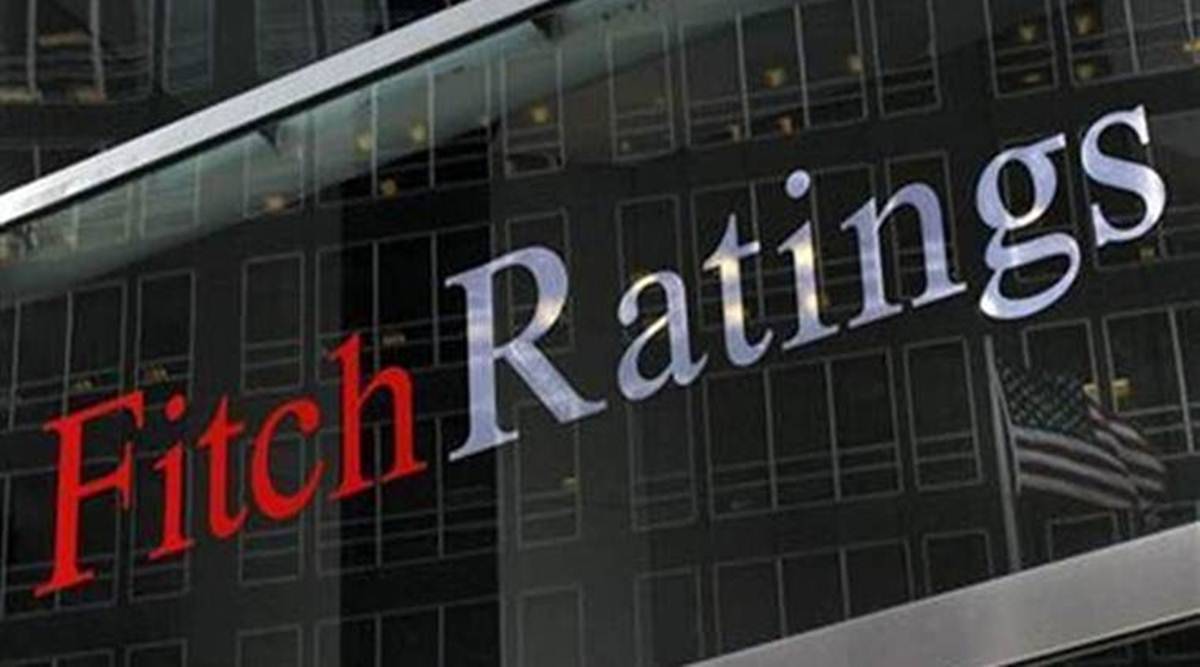Fitch Ratings on Tuesday affirmed India’s long-term foreign currency issuer default rating at “BBB-” with a stable outlook, saying India’s rating reflects strengths from a robust growth outlook relative to peers and still resilient external finances.
However, these are offset by India’s weak public finances, exemplified by high deficits and debt compared to other countries and lagging structural indicators, including World Bank governance indicators and GDP per capita, it said.
BBB ratings, which are investment grade, indicate that the expected risk of default is currently low and the ability to pay financial obligations is considered reasonable, but adverse business or economic conditions are more likely to impair that ability.
India’s still-resilient external finances have helped India weather last year’s major external shocks, it said.
According to Fitch, sustained recovery in consumption and investment underpins our GDP growth forecast of 7.0 percent for the fiscal year ending March 2023 (FY23). India is somewhat shielded from the bleak global outlook in 2023 given its low reliance on external demand. “Nonetheless, we expect declining exports, heightened uncertainty and higher interest rates to slow growth to 6.2 percent in FY24 (BBB median: 2.0 percent). We also expect consumption growth to moderate as pent-up demand eases,” Fitch said.
According to Fitch, India’s robust medium-term growth outlook is a key supportive factor for the rating. A significant improvement in pre-pandemic strained corporate and bank balance sheets should allow for a steady acceleration in investment over the coming years.
“The government’s ongoing infrastructure initiative and reform agenda, along with efforts to attract larger FDI inflows, complement these prospects. However, risks remain given the dynamics in labor force participation, the sluggish recovery of the rural sector and the uneven record of reform implementation,” it said.
Risks in the financial sector continue to ease due to the strong and sustained economic recovery. “We expect asset quality pressures to remain well contained even as regulatory deferral eases, supporting sector performance. Credit growth has accelerated and we expect these trends to continue on the back of robust credit demand and increased risk appetite, provided capital positions are well managed,” Fitch said.
The normalization of domestic liquidity conditions is being partially mitigated by high levels of deposit funding, it said.
The general government deficit has declined from its pandemic high of 13.5 percent of GDP (excluding divestments) but is expected to remain high relative to other countries. “We expect the deficit to decrease slightly from 9.8 percent in FY22 to 9.6 percent of GDP in FY23 (BBB median: 4.1 percent). For central government, we expect a modest fiscal slippage in FY23 with a deficit of 6.6 percent of GDP (including divestments) compared to the budget target of 6.4 percent due to higher subsidies for food and fertilizer, but revenue growth and spending shifts will curb the fiscal toll of the measures while keeping capital spending a priority,” it said.
“Our FY23 general government deficit forecast is below the 10.5 percent of GDP we had expected at our June 2022 review, mainly because government deficits have been falling much faster than we had anticipated,” it said. Strong revenues and constrained spending pushed the interim general government deficit down from 4.1 percent in FY21 to just below the pre-pandemic norm of 3 percent of GDP in FY22. “We expect it to remain at this level in FY23,” Fitch said.

“Incurable gamer. Infuriatingly humble coffee specialist. Professional music advocate.”







